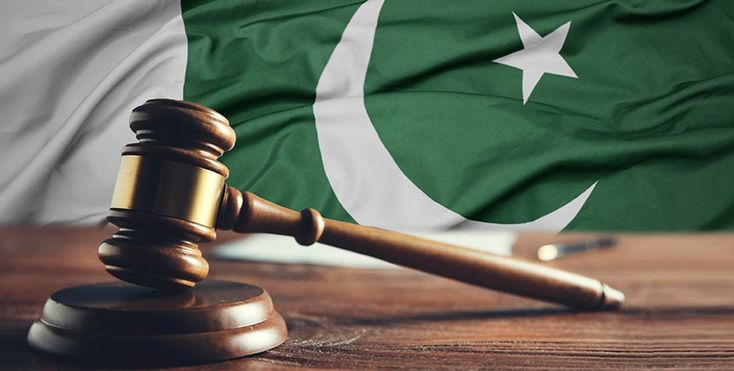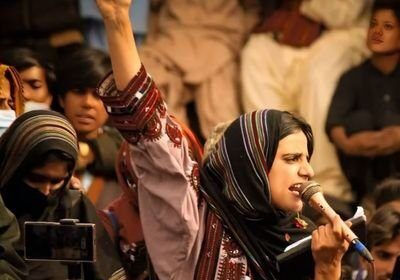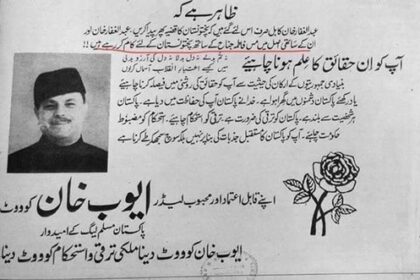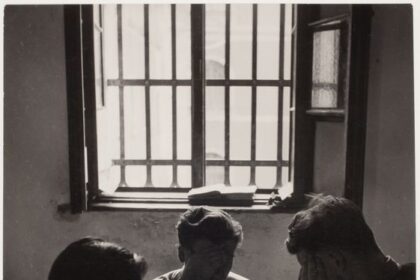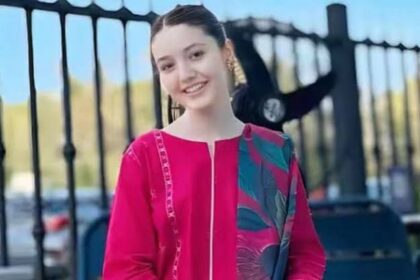These past days have been very tough for me. I just started a new job as a doctor in a government hospital; this meant spending many night shifts alone. I am not usually apprehensive about night calls, but this time I was. Sana Yousaf’s murder has made me. As I got more and more into the gruelling details of the case, all the similar faces came to my mind where a woman had become a hashtag for justice after being harassed, tortured, raped, or murdered. I was confused, scared and furious.
Then, I saw the image of the young man who had murdered her. I looked at him closely. He looked like any other 22-year-old. Will he be indicted for the unthinkable crime he did? Will he be made into the rightful example for those with even the slightest form of similar tendency to be shaken to their cores? Will he ever pay for a life he took so easily as if it belonged to him? Or will he get away too, like many others?
On July 20th, 2021, Noor Mukadam was murdered—decapitated—by Zahir Jafer. On May 20th, 2025, the Supreme Court of Pakistan announced Zahir Jafer as guilty with a death sentence for the murder and 25 years of imprisonment for rape. His defence attorney Barrister Salman Safdar meticulously navigated through his client’s case; Zahir Jafer was contended to be ‘mentally ill’, and his lawyer argued that no medical board was formed to assess his client’s medical condition, the murder weapon didn’t contain his client’s fingerprints, the post mortem didn’t specify the size of the injuries, and there was nothing other than the CCTV footage and DVR recording to prove Zahir Jafer guilty, all of which is circumstantial evidence. An expensive, high-ranking lawyer selling justice to his client.
Four years of this courtroom struggle and many delayed trials later, Noor’s father got his daughter’s justice.
Sara Inam was a Canadian economist who was murdered by her husband, Shahnawaz, son of the renowned journalist Ayaz Amir, in September 2022. He killed her by hitting her on the head with dumbbells and hid her body later on in one of the bathrooms of his farmhouse where he lived with his mother. Almost a year later, Shahnawaz was awarded the death penalty with Rs 1 million fine; however, his mother, who was also present in the house at the time of the murder and hence a co-accused, was acquitted by the lower courts.
Sara’s father claimed the court’s decision was ‘perverse and arbitrary’, entirely based on ‘surmises and conjectures’ and ‘against the law and the facts of the case’. He filed a petition against this decision in IHC, but Samina Shah still roams freely.
Khadija Awan is a dental student from Faisalabad. In August 2023, a video was circulated in which she was being tortured, and physically and verbally abused in the house of the industrialist Sheikh Danish Ali, father of her friend Ana Ali. Her story? She is said to have rejected Sheikh Danish Ali’s proposal, which led him to abduct Khadijah and her brother and take them to his home, where the incident of abuse occurred with Ana present on the scene. Khadija’s medical examination showed that she was sexually assaulted.
Ana is still at large, whereas the main accused didn’t present himself before the court for physical remand. The end of this case is paused. Under one of the Instagram posts for justice for Khadija, Sheikh Danish is seen to reply with a laugh emoji.
In 2020, Maria B, a famous name in the designer industry, pleaded with the then Prime Minister Imran Khan to help them, as her husband, Tahir Saeed, was taken away in a house raid at 12.30 am; according to her, ‘as if I was the biggest drug mafia don in Lahore, with guns’. The FIR against Saeed said that he sent his employee packing when he tested positive for Covid, instead of following the rightful protocol of informing the Health Department. As a consequence, Saeed became responsible for infecting many of the patients who would be on the bus, all of which is a criminal offence.
Money makes a man feel entitled to bypass the law at his whims and gain widespread sympathy over a social media post; that is what Maria Butt portrayed through her words, ‘We’re the ones who are suffering. We’re the ones whose tests are coming, anytime positive. My entire family and I are the ones who are the culprits who need to be arrested by you guys, really? Is this the system that we have in Punjab?’
Natasha Danish Ali quoted the notorious words, ‘Tum mere baap ko nahi jantay’ (You don’t know who my father is) when her reckless driving caused the death of a 60-year-old Imran Arif and his daughter, Amna Arif, who were on a bike. The smirk on her face, the intoxicated appearance, and the let-it-go attitude confirmed how well she knew of her influence’s chokehold on the legal system of this country. She is the wife of Danish Iqbal, CEO of Gul Ahmed Energy, so it was easier to acquit her and pressurise the victim’s family into settling on blood money, which was how it actually unfolded almost one month later.
Money has bought justice, delayed justice, and manipulated justice; justice has fallen on its knees in front of the power of money. Now Noor is dead, Sara is dead, Shahzeb is dead, and so is Imran Arif, who was taking his daughter Amna on a bike. My question is, how many more Noors or Shahzebs would it take for justice to finally stand up and uphold the integrity of the legal system of this country? Or would it take yet another father to wander through the streets of the courts for years to finally see his child get the privilege of justice?






